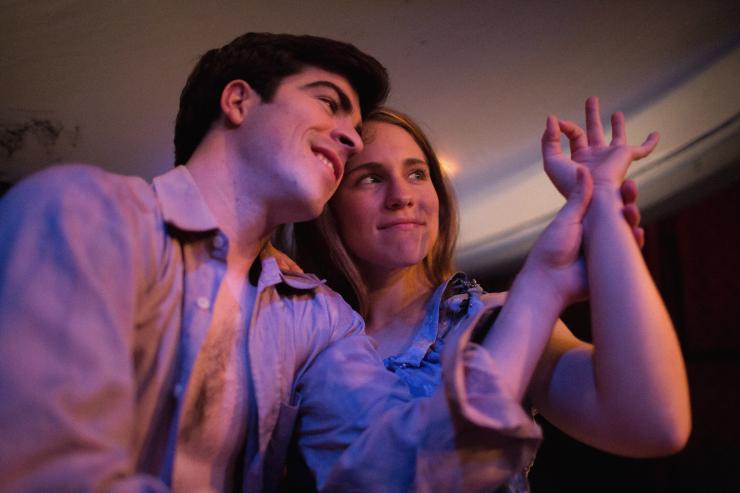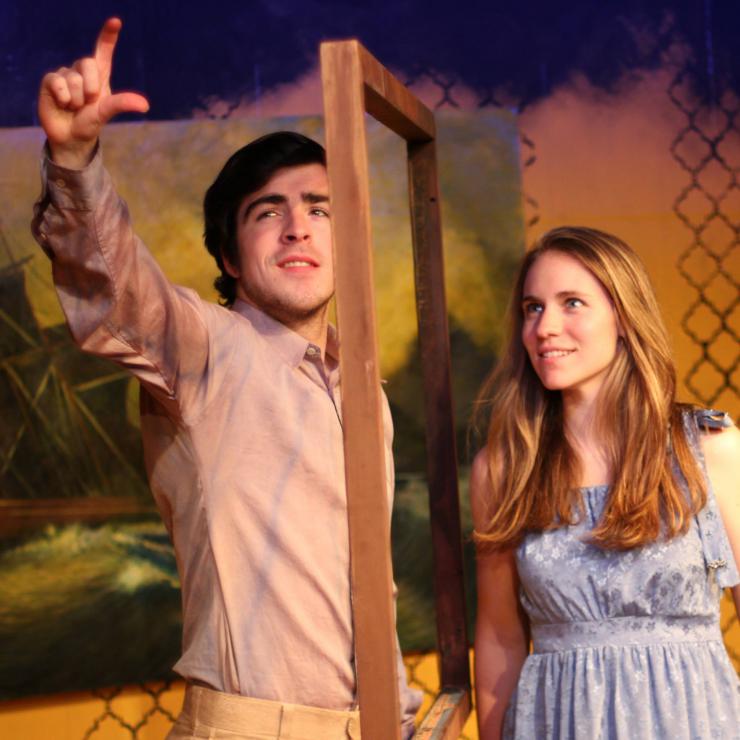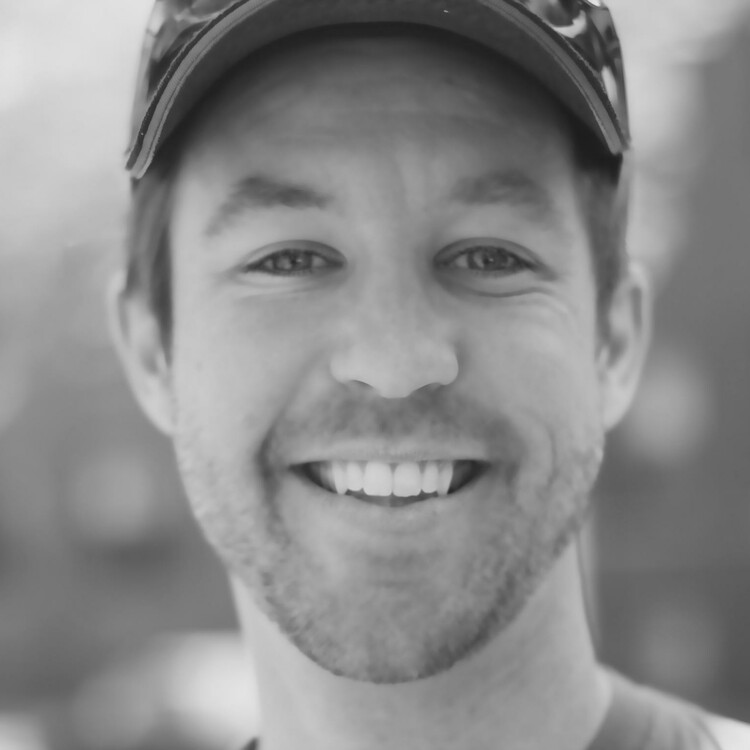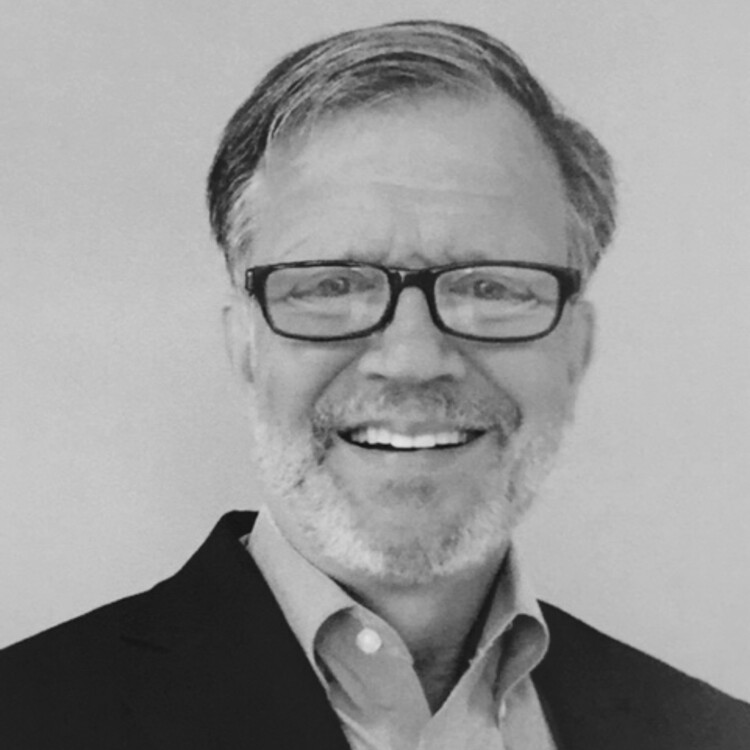Challenging Perspectives on Auditions for the Differently Abled
This article could not have been written without many in-depth conversations with Juan Bernal, and the Red Theater Directors of Accessibility.
In May 2016, Red Theater produced Chicago’s first ever Unified Access Auditions. We identified and invited performers who are differently abled to audition for a room of prestigious casting directors and theatre companies. It was a terrific experience for all involved. Performers got callbacks, and directors left determined to be more inclusive in their upcoming season selection.
Why We Did It:
According to the 2010 US Census Bureau, nearly one in five Americans have a disability. Disabilities can be physical, mental, visible, and invisible. A number of issues arise when casting and portraying these attributes on stage.
Red Theater had spent two years developing strong ties to Deaf Culture in an effort to produce a Deaf/Hearing production of Romeo and Juliet titled R+J: The Vineyard. The production featured a combination of Hearing and Deaf actors and presented silent scenes of American Sign Language (ASL) without voice or subtitles. Audiences came in droves to experience different perspectives and new understandings of the human—and therefore universal—condition.
Casting the project had been a major concern. Despite a two-year effort involving seven Deaf advocates and four Deaf male actors cast in the production, Red Theater was not able to identify a single age-appropriate, non-Equity, Deaf actress (who had the financial and transportation means) to play the role of Juliet—in the entire city of Chicago! The need to identify a broader talent base for future projects pushed us forward.
If you’re interested in a similar undertaking, make it a priority to spend time and energy reading, writing, and interacting with organizations, advocates, and allies in your local community.
How We Did It:
In order to host Access Auditions, it is necessary to first remove any sense of condescending benevolence. You don’t get “points” for helping “poor unfortunate souls” grab their moment in the spotlight. Access Auditions are nothing more than artists looking for other artists who have unique skills and perspectives. R+J: The Vineyard was grounded in the idea of equality: “Two households, both alike in dignity.” Without this mentality, we would not have been embraced by the Deaf community.
If you’re interested in a similar undertaking, make it a priority to spend time and energy reading, writing, and interacting with organizations, advocates, and allies in your local community. Conduct sensitivity training inside your company, and restrict anyone who hasn’t been trained from attending the auditions. Your organization’s credibility can be wrecked by one ignorant volunteer asking for “some help for the semi-handicapped woman who has a funny walk.”
More practical concerns include:
Rent a well-lit location with adequate parking and wheelchair accessibility. There should be a central room for the auditions as well as a staging area where actors can arrive and prepare.
Hire three ASL interpreters: one to greet and two for performances. Be sure to provide them with any audition materials ahead of time.
Four lay staff are required to greet, assist in filling out forms, guide, and return performers to their transportation.
Prepare a sound system as performing ASL to pre-recorded music is an excellent audition.
Establish a uniform procedure that makes no assumptions and allows each performer to select whether they would like voiced interpretation or other forms of assistance.
Finally, accept that there will be a learning curve. Examples: Our English and ASL internet-based marketing failed to reach into the blind/low-vision communities. Braille programs took longer to make and were far more expensive than we’d budgeted. We failed to consider invisible disabilities like autism, multiple sclerosis, or cerebral palsy, and we’d overlooked the possibility that a Deaf director or low-vision playwright might want to attend rather than audition. We vowed to make these possible next year.
We Almost Didn’t Do It
Company members became fearful of the auditions and lashed out at each other. We became rigid and abrasive in discussions, nearly lost a board member, and considered abandoning the auditions several times. Red Theater feared any lack of foresight would be subjected to the intense public scrutiny other theatres had received for errors in casting over race, and ability.

Controversy Over Language
Deaf Culture adamantly despises the term “disabled.” Due to the relationships we’d formed in our community, we elected to replace the term “disabled” with “differently abled” on our marketing materials. As a result of this phrasing, we were the subject of (well-meaning) attacks. Politically-correct cheat sheets state that the term “disabled” is best because terms like “differently abled” discount the experience of living with a disability. One of the best articles in favor of using the term "disabled" hopes the word is an affront, reminding others that society is set up in a way that is disadvantageous to some: a person who is “disabled-by-society.” Certainly well-intentioned individuals must be careful that they are not glossing over realities by stating “everyone has different abilities.”
The role of the theatre is to act courageously and accent differences rather than participate in a homogenous culture of condescension and shame. Conventional labels are inadequate. As we walk down what Steven Pinker has artfully named the “euphemism treadmill,” terms like “handicapped” and “disabled” remain shorthand for “people with limitations.” We argue that “differently abled” is structurally different, acknowledging limitations and also skills.
When speaking about artists with cognitive or sensory differences, the adjective/noun "disability" is one-dimensional. Is someone disabled if they don’t register sounds below 95 dB (deaf), but can throw a 36” arabesque, swash-buckle with the masters, and memorize an hour of text before the first rehearsal? Is someone who cannot do those things disabled? Compared to someone with perfect pitch, most of us are woefully ill-equipped as a musician, but can we not appreciate music? We might not comprehend music the way that someone with perfect pitch would, but our appreciation is no less genuine.
Different Means Diversity
Why then choose “differently abled?” It comes down to attitudes about diversity. Commercial audiences don’t donate their time to see performers who are “dis” or “not-abled” perform less well in a role than an able-bodied person. The prefix “dis” means “the opposite of” normal; that’s what broader society hears in the term disabled—a synonym for handicapped. It's the wrong way to advocate for advancements on the stage if we're focusing on the value of diversity: a person's abilities (as an actor/storyteller/artist) rather than their limitations. This doesn’t mean differently-abled actors can only play specific roles, but it does mean we should think twice before casting able-bodied performers in roles that require additional skill sets.
When casting directors use the term “differently abled,” it is a way of acknowledging other skills present in the person who has a disability—they have a disability and they have abilities. Without acknowledging these skills, casting directors may not see the need to cast representatively. Deaf actors in R+J: The Vineyard were able to manipulate sign language differently than hearing actors, for example. Because they aren’t distracted by sound, they explained that their brains have become tuned to see every intricacy. They have what the Deaf community refers to as "Deaf eyes." While a hearing actor can imitate hearing-loss, can they perform “Deaf Gain?” When we provide differently abled performers the opportunity to bring their whole selves to the stage, not only do the performers and the theatrical community benefit—so does the audience in the form of authenticity.

Identity politics are preventing performances
Societal change is happening but is not being adequately reflected on our stages. Casting politics are in flux, and many issues remain unclear. How do theatres legally and responsibly ask for the voluntary disclosure of artists who are differently abled? How do casting directors navigate the spectrum of availability, talent, and ability? What physical or cognitive limitations are allowed to be acted without direct, personal experience? Are there any physical or mental limitations that must be portrayed by an actor without a disability due to the rigors of theatrical production? If no real world individual is available who has attributes mirroring the character in question, are all plays with such characters forbidden? Can a differently abled playwright choose to have their perspectives performed rather than shelved due to concerns over casting?
These are difficult questions
No answers are possible without first hosting open auditions for performers who are differently abled in your community. Prepare well, interact with local leaders, and choose your words carefully. Person-first language acknowledges that we are looking at individuals: their abilities and capabilities. Truly seeing someone for who they are and what they can do is more time consuming than using a label and presuming they are like everyone else in that group. We are all familiar with sexism, racism, and ageism. It’s time to make ableism, a bias against those who have a sensory, cognitive or motor impairment, just as universally understood.
You can’t do it all.
No theatre company can be all things to all people. Any successful collaboration will require a genuine and lasting relationship with whatever community is being represented. By hosting open auditions for performers who are differently abled and involving members of that community at all stages of production, theatres will move closer toward revealing the full breadth of the human condition. What a wonderful ideal.



Comments
The article is just the start of the conversation—we want to know what you think about this subject, too! HowlRound is a space for knowledge-sharing, and we welcome spirited, thoughtful, and on-topic dialogue. Find our full comments policy here
Somehow, we have to overcome the focus on labels of any type. This looks like another attempt to dictate some superiority by being in-the-know of the current euphemism for performers in a certain category. Enough already. The labels of sexist, racist, ageist over an insensitivity don't help the argument either, and are merely divisive. Hanging a banner in front of the institution stating "DIVERSITY SOLD HERE" isn't enough. Casting goals have to be specific and focused and we cannot make strides if we are saddled generic inclusion. I'm not sure who is sitting around in a room, coming up with new labels, but let's try and put the basic ideals into practice.
What are words/labels but a way to encapsulate ideas and
ideals? While one could paint a picture of the world you speak of without
labels, a conflict of ideas is required in a dramatic art like theater. We must
use labels to articulate differences. The labels you choose to apply in your
comment -“dictate” and “superiority”- are ad hominem character attacks and unlikely
to advance conversation in a productive way, but healthy conversation is
exactly what’s needed to help society understand the potentials in every
individual- individuals who don’t have a choice about whether or not they are
labeled by society! We need to infuse society with the very ideas and ideals
you speak of, and the only way to do that is with new words/ labels that
encapsulate new, inclusive, ideals.
Just catching up with old Howlround blogs. So, if you think dictate and superiority are character attacks, let's try sanctimonious. Those of us who have been working for inclusion over the years/decades resist any qualifier as to who we term "different", abled or otherwise. I was responding to the condescending nature of this writer's blog. Are women, blacks, Hispanics, Asians differently abled. We have a lot of underrepresented groups that we need to give a voice to without worrying about the phrasing we use to achieve inclusion. "Differently abled" just sounds like a ridiculous attempt for political correctness . . . correctness in word only.
The goal of these auditions is inclusion. Leaders of different groups in dialogue with Red Theater Chicago (including Deaf Culture) oppose the term “disabled”; others prefer it. As a result, our next auditions will include use both phrases: seeking actors who are Disabled and Differently-Abled.
Yes, we should be able to phrase your calls as you please as long as we are sensitive to how the message is being conveyed. We just have to make sure directors and theatres are not afraid to ask for specific types, ie "I would like an actor who is wheelchair bound" "I would like a black actor for this role", without being chastised by well-meaning advocates. Also, theatres should not be afraid to reject a differently-abled actor, just as they would any actor who lack essential esthetic skills for a role.
Great article! I really appreciate the frank discussion of the challenges Red faced, and the reasoning behind language decisions... along with the reminder that no decision is going to be "right" to everyone.